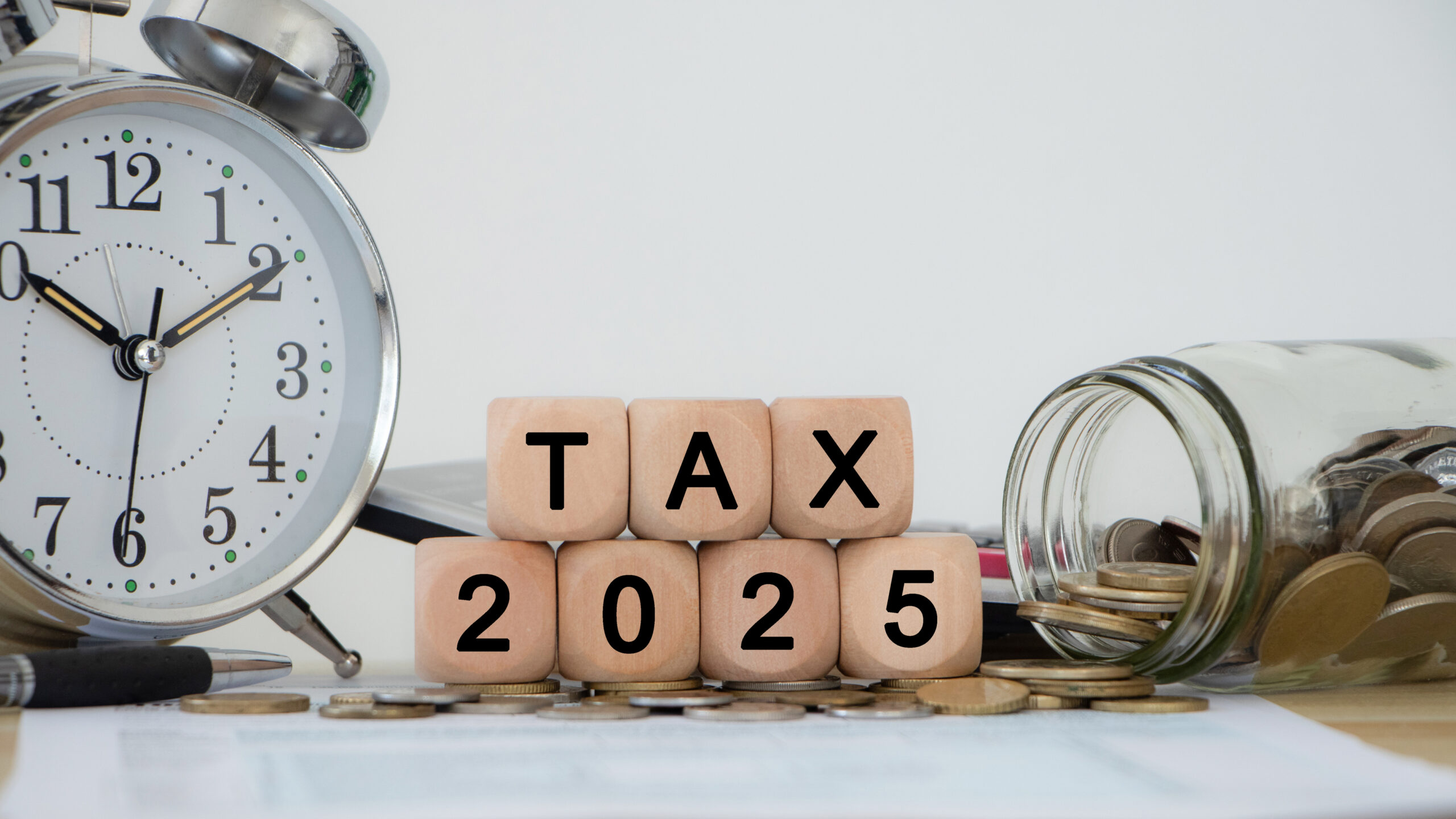This article provides a concise overview of Lesotho’s principal tax rules as at 1 April 2025. It is intended for companies, investors, and employers doing business in or with Lesotho and should be read as general guidance rather than legal or tax advice.
1) System overview
Lesotho operates a residence-based income tax system. Residents are taxed on their worldwide income, whereas non-residents are subject to tax only on income sourced in Lesotho.
2) Corporate residence
A company is regarded as resident in Lesotho if it is incorporated in Lesotho, if its management and control are exercised in Lesotho, or if the majority of its operations are undertaken in Lesotho.
3) Corporate income tax and capital gains
Resident companies and the permanent establishments of foreign companies are subject to corporate income tax at a rate of 25 percent. A concessional rate of 10 percent applies to income derived from manufacturing and from commercial farming. Capital gains are included in ordinary taxable income and are taxed at the company’s applicable corporate rate.
4) Withholding taxes
Withholding tax may apply to specified payments and can be reduced under an applicable double tax agreement. Repatriated branch profits paid to non-residents are subject to withholding tax at 25 percent. Dividends paid to non-residents are generally subject to 25 percent withholding tax, although dividends sourced from manufacturing income may qualify for a 0 percent rate. Interest paid to residents attracts withholding tax at 10 percent, while interest paid to non-residents is generally subject to 25 percent; where the loan proceeds are used to earn manufacturing income, the rate may reduce to 15 percent. Royalties paid to non-residents are ordinarily subject to 25 percent withholding tax, which reduces to 15 percent where the underlying technology is used to earn manufacturing income. Fees for management, consulting, and technical services paid to non-residents are generally subject to 25 percent withholding tax, but a 15 percent rate may apply where the services are used to earn manufacturing income, and a 10 percent rate applies to Lesotho-source service-contract income. Where a double tax agreement is in force, the treaty rate applies provided the domestic documentary requirements are satisfied.
5) Double tax agreements
Lesotho has concluded double tax agreements with Botswana, Eswatini, Mauritius, South Africa, and the United Kingdom. These treaties can reduce withholding tax rates and provide tie-breaker and relief mechanisms to prevent double taxation.
6) Loss utilisation
Tax losses may be carried forward indefinitely. Foreign-source losses may only be set off against foreign-source income, while domestic-source losses may only be set off against domestic-source income. In addition, business, property, and manufacturing losses are each ring-fenced so that they may be deducted only against income of the same class.
7) Transfer pricing and anti-avoidance
Lesotho applies broad general anti-avoidance rules to transactions between associated persons to prevent the erosion of the tax base. An associate includes any person who acts, or is likely to act, in accordance with another person’s directions, requests, suggestions, or wishes, whether or not those directions, requests, suggestions, or wishes are communicated directly.
8) Interest limitation (thin capitalisation)
For companies that are not principally engaged in a money-lending business, the maximum accepted debt-to-equity ratio is 3:1. Where this ratio is exceeded, interest deductions may be limited in accordance with the thin capitalisation rules.
9) Employment taxes
With effect from 1 April 2025, the resident individual income tax rates are 20 percent on annual chargeable income up to LSL 74,040 and 30 percent on annual chargeable income above that threshold. Employers are liable for fringe benefit tax at a rate of 40 percent on the taxable value of fringe benefits provided to employees, including but not limited to housing, utilities, vehicles, domestic assistance, meals, medical care, and employer loans.
10) Social security, payroll tax, and statutory cover
Lesotho does not operate a state social security system. Employers may, however, make contributions to complying superannuation funds for the provision of retirement benefits to employees or their dependants. Employers are also required by the Workmen’s Compensation Act, 1977 to insure themselves and their employees against occupational injuries, diseases, and related hazards. Lesotho does not impose a separate payroll tax.
11) Stamp duty and transfer duty
Stamp duty is levied under the Stamp Duties Act, 1972 on a broad range of instruments, including marketable securities and other documents, at fixed amounts that generally range from LSL 0.08 to LSL 40 depending on the nature of the instrument. Under the Transfer Duty Act, 1965, transfer duty on immovable property is charged at 3 percent where the value does not exceed LSL 10,000 and at 4 percent on other immovable property. There is no transfer duty on the transfer of shares, although stamp duty remains payable at the rate prescribed for share instruments in the Stamp Duties Act and its schedules.
12) Value-added tax (VAT)
VAT is imposed on the supply of goods and services in Lesotho and on the importation of goods and services. The standard VAT rate is 15 percent, while a reduced rate of 10 percent applies to certain utilities such as electricity. With effect from 25 April 2025, any person whose actual or expected annual taxable turnover exceeds LSL 2,000,000 must register for VAT. Businesses below this threshold may apply for voluntary registration provided the statutory requirements are met. Resident recipients of imported services supplied by non-resident providers must self-account for output VAT under the reverse-charge mechanism; where those services are used to make taxable supplies, the corresponding VAT may be claimed as an input credit in the subsequent tax period, subject to the normal documentary, apportionment, and timing rules.
This guide reflects rules in force as at 1 April 2025. It does not constitute advice. Specific transactions should be evaluated against current legislation, regulations, and any applicable double tax agreement.

